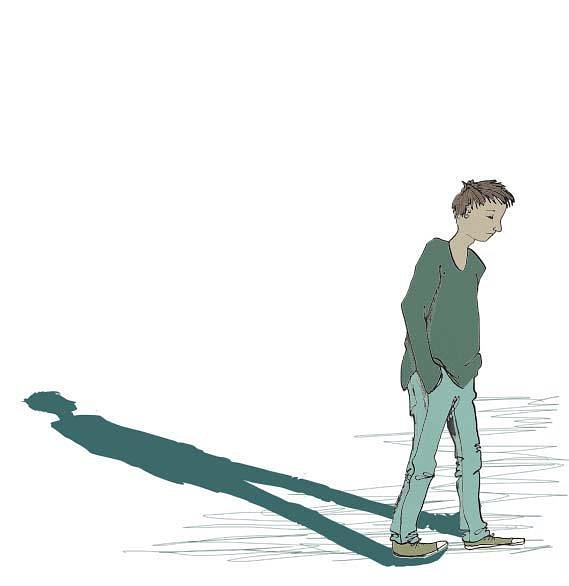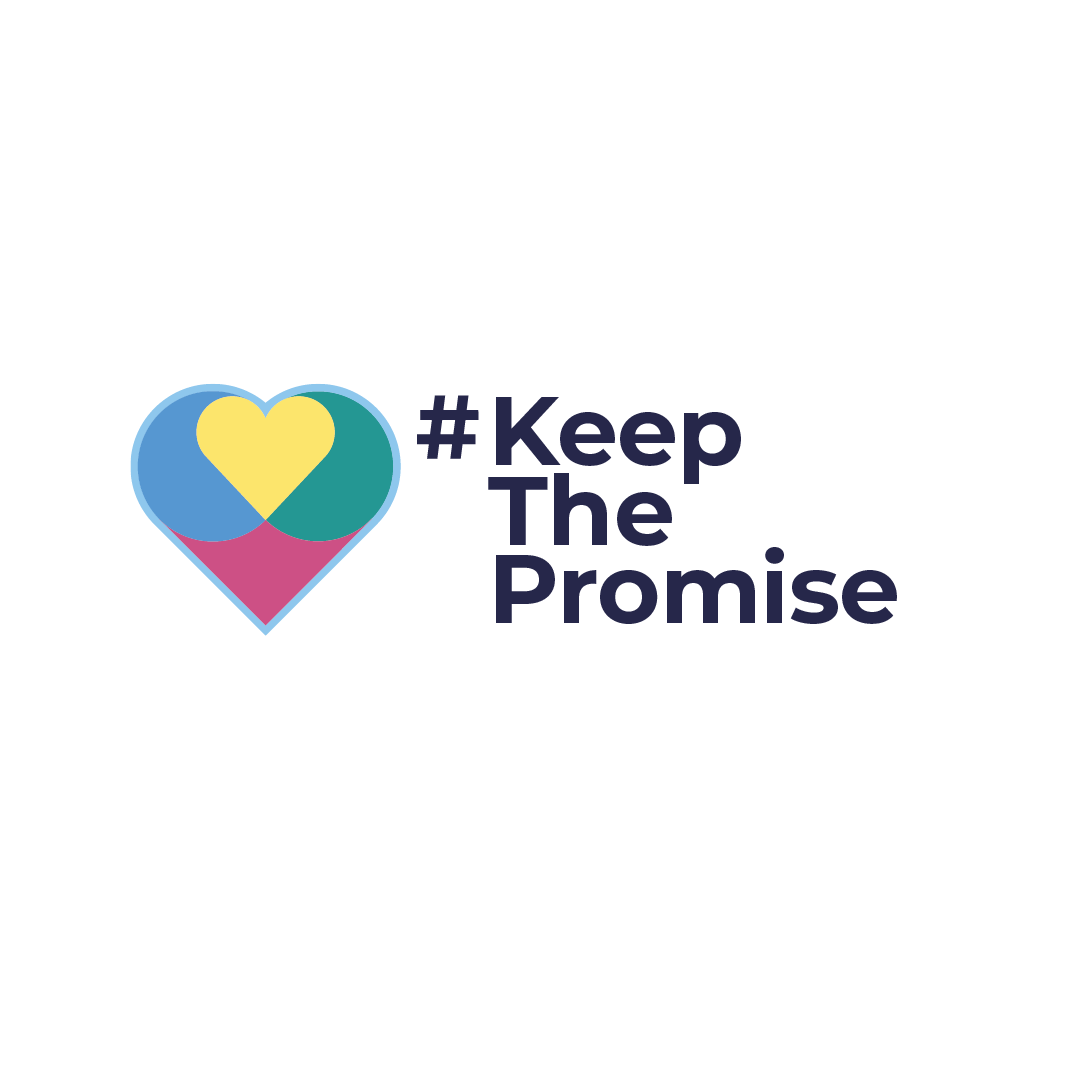Conflict & Mental Health – a chicken and egg situation?
09 Oct 2015 By Andrew Boyd, Mediator

The 10th October is World Mental Health Day with this year’s theme being ‘Dignity in Mental Health’.
As a mediator, working mostly with young people and their families, it is common for one, or sometimes both of those involved, to be experiencing mental health problems that can impact on their ability to resolve or manage conflict. Mental health problems such as depression, anxiety, self-harm and suicide can make conflict resolution more challenging, with low confidence and low self-esteem often resulting in withdrawal and isolation. At the Cyrenians we offer mediation in conjunction with support, giving those in conflict, who may be experiencing mental health problems, the best opportunity to resolve their conflict while supporting good mental health.
So is conflict and mental health a chicken and egg situation? What comes first? Is it unresolved conflict contributing to mental health problems or those experiencing mental health problems having a limited ability to manage conflict? While it is certainly the case that conflict along with mental health problems can make an unhealthy combination, regardless of which comes first, having a mental health problem does not necessarily limit someone’s ability to resolve conflict.
Working with young people and their families I have often seen how mediation can not only help conflict resolution but can aid better mental health.
I remember the mum who had hidden her depression from her family for many years, but through mediation she felt able to discuss her mental health with her family, giving them the opportunity to support her.
I also remember the young person who through mediation was able to explain to her mum how her anxiety affects her ability to get to school. Mum previously felt that the young person was lazy with no motivation, but following mediation, mum was more able to understand and support her daughter, who then re-engaged with school.
So for those of us working in conflict resolution, there is a responsibility to help resolve conflict, but also to help people to manage their mental health. In mediation we hope to build a strong professional relationship with those that we are working with and it may be that we are the first people that are trusted enough, that those that we are working with feel able to talk about their mental health. We need to be comfortable having these conversations and know what to do with the information that we may receive.
A final thought about those of us that work in conflict resolution: working with conflict, it is not always easy to detach ourselves from other people’s disputes, with the possibility of compromising our own mental health. We need be mindful of our own mental health, not only to look after ourselves but to be in a position to fully help and support those who depend on our services.
I am keen to hear what other conflict resolution practitioners thoughts are about the relationship between conflict and mental health. What are mediators and support workers thoughts about how we can best help those experiencing conflict and mental health problems?





